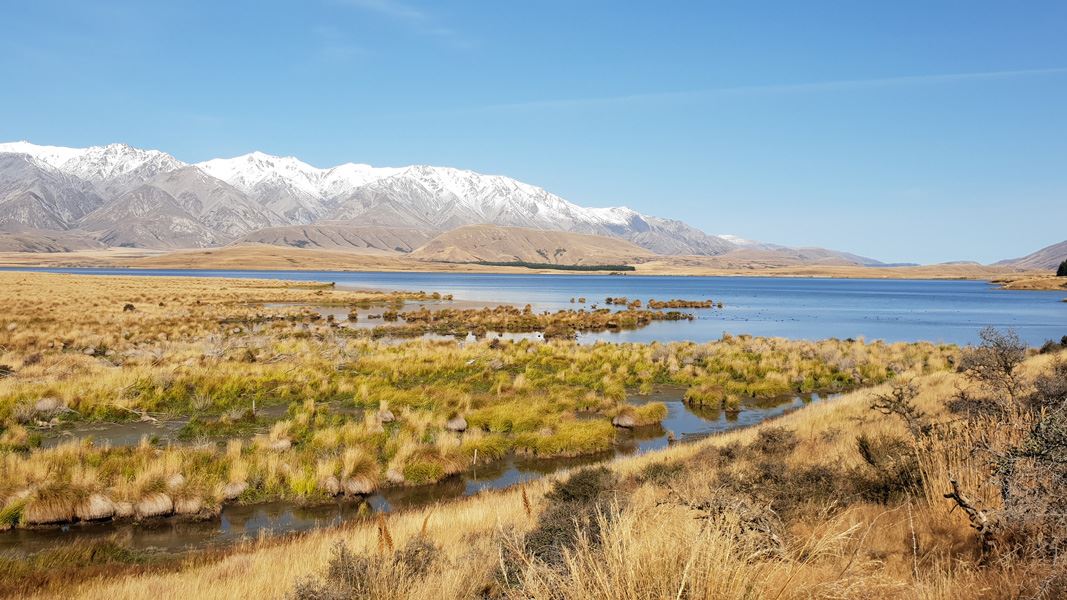Disclaimer: Events on this site are a guide only. See the event on Eventfinda.co.nz directly to confirm details.
Event listings on the Department of Conservation (DOC) Events Pages are populated by selected Eventfinda.co.nz listings, based solely on event providers including certain keywords related to the Events Page in their Eventfinda listing.
The events listed and linked on the Events Page are for convenience of users and their inclusion on the Events Page does not constitute any endorsement or authorisation by DOC, except for those events organised by DOC.
DOC is not responsible for the events that are listed on the Events Page, or for the content or accuracy of the event information, except for those events organised by DOC.
DOC retains the right to report any Eventfinda listing appearing on the Events Page to Eventfinda, if it considers the event listing to be inappropriate, offensive or otherwise a breach of the Eventfinda Terms of service. Those who rely on the Events Page do so at their own risk.
Information changes regularly so you should use the Events Page as a guide only and refer to the Eventfinda listing or contact the event provider directly to confirm any details.
It is the event provider's responsibility to ensure the accuracy of its event information, to handle all communication (such as bookings, queries or cancellations) with participants, and to comply with all health and safety and regulatory requirements, including the Eventfinda terms of service.
World Wetlands Day is celebrated every year on 2 February to raise global awareness about the value of wetlands for humanity and the planet. It also marks the adoption of the Ramsar Convention on Wetlands in 1971 in the Iranian city of Ramsar.
World Wetlands Day has a different theme each year. It's an appeal to invest financial, human and political capital to save the world’s wetlands from disappearing and to restore those we have degraded. See the World Wetlands Day website.
Show you care by getting involved in World Wetlands Day. You could:
- have a family picnic beside a lake or river
- explore the waterway by kayak
- organise a community walk, bike or run for wetlands
- join a guided walk by an expert on wetland plants or birds
- attend a workshop or talk, for example, on flax weaving.
